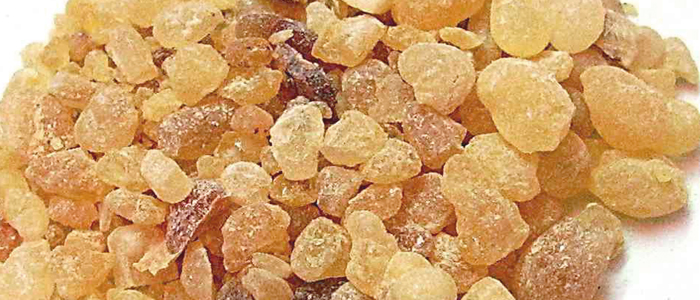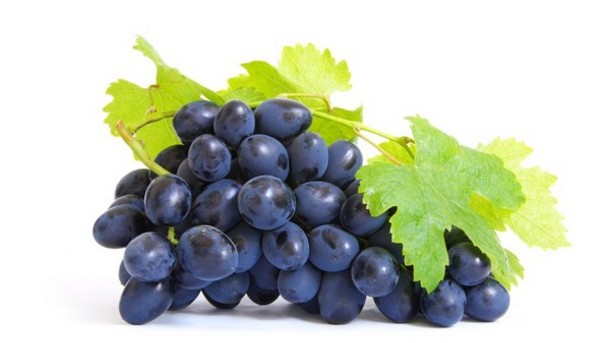Foreign Minister Mohammad Javad Zarif expressed condolences to the French government and nation on the terrorist attacks in Paris Friday night which claimed lives of scores of civilians.
Talking to reporters here on Saturday prior to his leaving Tehran for Vienna, he condemned “terrorist operations at any forms” and said that the Iranian nation, as victims of terrorism, have always been against all kinds of terrorist activities.
He said Iran believes that terrorism and extremism which came up to reveal its sinister face in France should be encountered in every part of the world.
Saying that the danger is a threat not just to the Middle East region, he stressed that fighting terrorism should not be restricted only to regional countries.
The foreign minister said the proposal by the Iranian President Hassan Rouhani to the United Nations Security Council two years ago on the need for a World Against Violence and Extremism proves the idea that Iran identified the danger at due time and even suggested ways to counter it.
Pointing to his phone conversations with his Italian counterpart Saturday morning, he said they both shared the view that it was high time now to concentrate efforts on fighting terrorism
He said he was heading for Vienna to take part in the third meeting on Syria crisis.
Following terrorist incidents in France on Friday night, President Rouhani postponed his trip to Europe, he said.
France was rocked by multiple, near simultaneous attacks on entertainment sites in and around Paris yesterday evening that killed at least 120 people.
Zarif said that a next date for President Rouhani’s trip to three European countries including Italy, Vatican and France will be announced later.
President Rouhani was scheduled to head to Italy and France from Saturday for the first visit of an Iranian leader to Europe in a decade, as ties thaw after Tehran’s nuclear deal with world powers.
Rouhani was expected to meet Italian officials and Pope Francis on Saturday and Sunday and to visit Paris on Tuesday.
Zarif and his deputy Abbas Araqchi left Tehran for Vienna on Saturday to attend the third round of talks on Syria crisis.
Araqchi who is also head of the taskforce to implement Joint Comprehensive Plan of Action signed between Iran and the 5+1 on July 14, is to hold talks with the representative of the sextet Helga Smidt on signing of a document regarding renovation of Arak research reactor.
The new round of talks on resolving the Syrian crisis will open in the Austrian capital and Zarif represents Iran in the international meeting.
The diplomatic sources in Vienna said that three working meetings at experts’ levels under the titles of ‘Parties of Groups Opposing the Syrian Government’, ‘Terror’ and ‘Humanitarian Affairs’ will be held behind the closed doors.
Addressing a press conference, Austrian Foreign Minister Sebastian Kurz said that his country’s representative will also attend the Humanitarian Affairs Group.
The first round of political talks on resolving the Syrian crisis was held in the presence of Russia, the US, Saudi Arabia and Turkey. Russian Foreign Minister Sergei Lavrov later briefed Iranian Foreign Minister Mohammad Javad Zarif on the first round.
Zarif attended the second round of talks and the political analysts assessed the second round as positive.
In recent months, the western officials have underlined the need for presence of Iran in the international meeting on resolving the Syrian crisis.
The third round of talks on Syria will be held on Saturday at the venue of Imperial Hotel in Vienna.
/257





